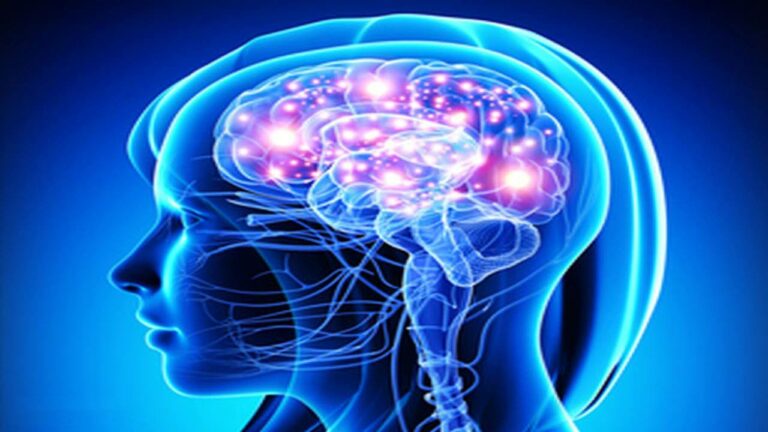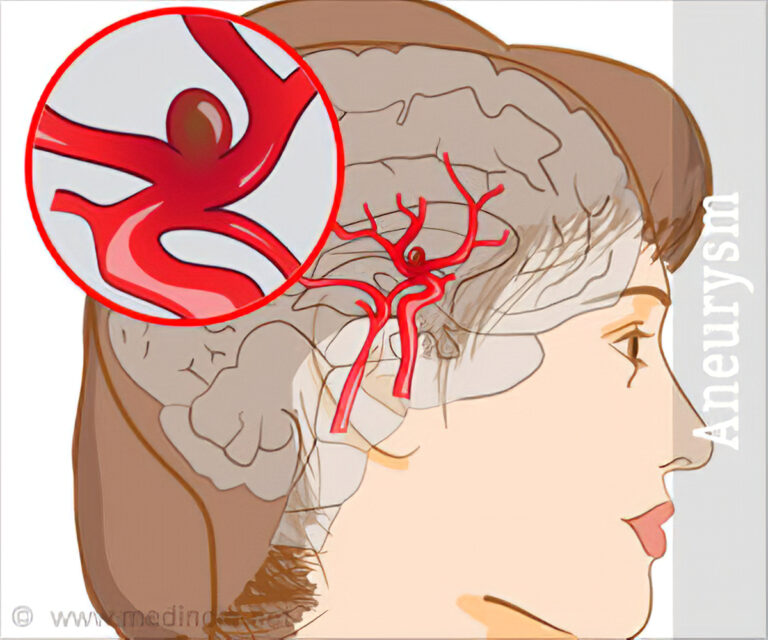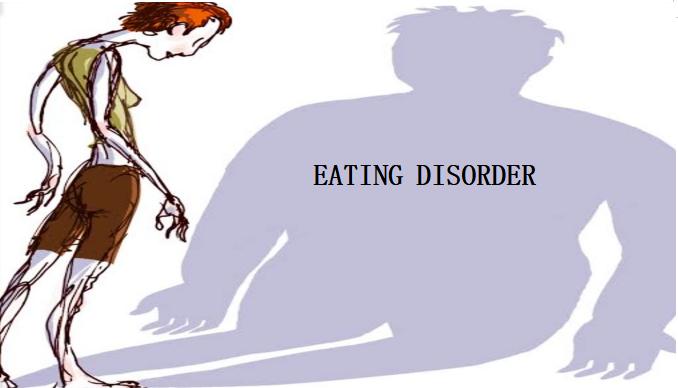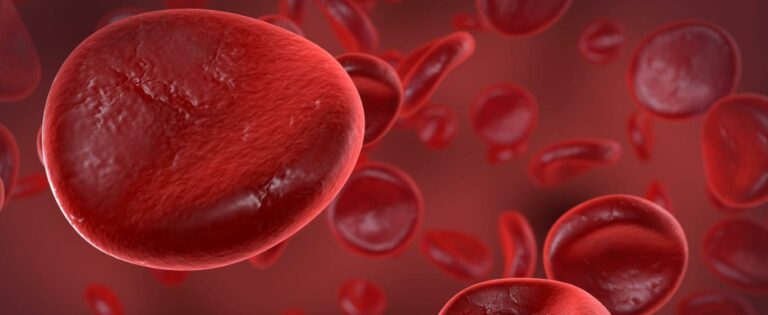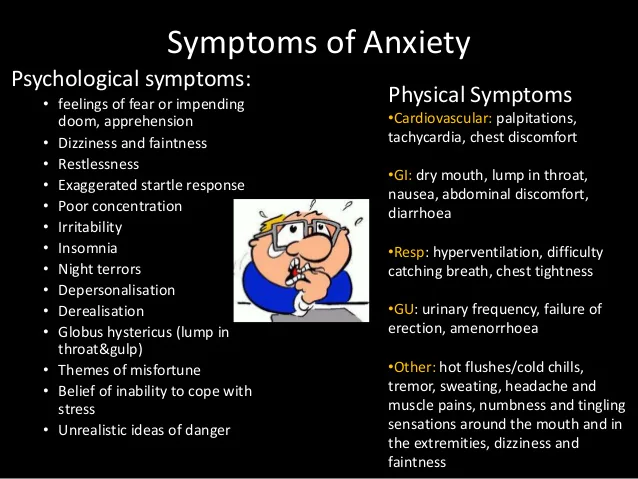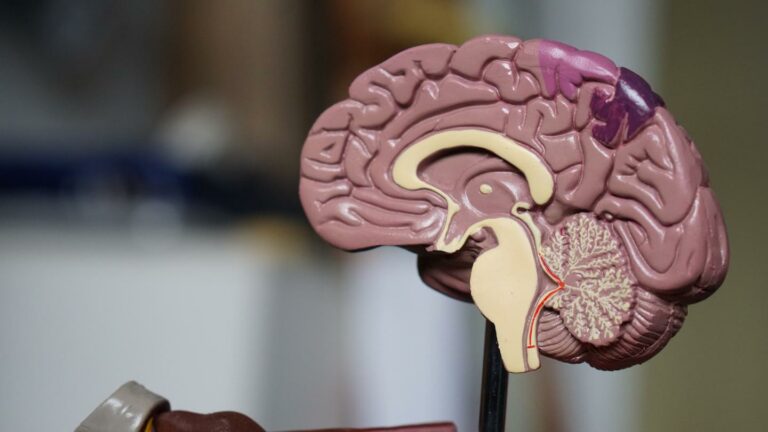Genetic Brain Disorders (Neurogenetics)
Author: Giselle Robel
Giselle Robel
Category: Health
A genetic brain disorder is a genetic mutation in the gene. A variation is a different form of a gene. A mutation is a change in a gene. Genetic brain disorders affect the development and function of the brain.
Some genetic brain disorders are due to random gene mutations or mutations caused by environmental exposure, such as cigarette smoke. And so, other disorders are inherited, which means that a mutated gene or group of genes is passed down through a family. They can also be due to a combination of both genetic changes and other outside factors.
Many people with genetic brain disorders fail to produce enough of certain proteins that influence brain development and function. These brain disorders can cause serious problems that affect the nervous system. Some have treatments to control symptoms. And some are life-threatening.
Example of Genetic Brain Disorder
Leukodystrophies are a group of rare neurological (nervous system) diseases. They affect the white matter in the brain and spinal cord. White matter is tissue made of insulated nerve fibers.
Leukodystrophies target myelin, which is the protective insulation covering nerve cells. Without myelin, nerves can't communicate well. Leukodystrophies lead to a progressive loss of neurological function. The brain and the body can't receive signals from each other. These diseases are often fatal.
Phenylketonuria (fen-ul-key-toe-NU-ree-uh), also called PKU, is a rare inherited disorder that causes an amino acid called phenylalanine to build up in the body. PKU is caused by a defect in the gene that helps create the enzyme needed to break down phenylalanine.
Without the enzyme necessary to process phenylalanine, a dangerous buildup can develop when a person with PKU eats foods that contain protein or eats aspartame, an artificial sweetener. This can eventually lead to serious health problems.
For the rest of their lives, people with PKU babies, children, and adults are undoubtedly needed to follow a diet that limits phenylalanine, which is found mostly in foods that contain protein.
Other Examples
Tay-Sachs disease affects the nerve cells in the brain and spinal cord. Babies with Tay-Sachs lack a particular enzyme, which is a protein that triggers chemical reactions in cells. However, the lack of the enzyme, hexosaminidase A, causes a fatty substance to collect. The buildup of this substance, GM2 ganglioside, leads to Tay-Sachs symptoms such as muscle weakness.
Tay-Sachs is a genetic condition. It's caused by changes in a pair of genes inherited from parents. It's a progressive disease, meaning it gets worse over time. Children born with Tay-Sachs often die by age 4, usually from complications of pneumonia. There's no cure, with treatment aimed at supporting the child and keeping them comfortable.
Wilson’s disease is a rare inherited disorder that causes copper to accumulate in your liver, brain, and other vital organs. Most people with Wilson’s disease are diagnosed between the ages of 5 and 35, but it can affect younger and older people, as well.
Copper plays a key role in the development of healthy nerves, bones, collagen, and the skin pigment melanin. Normally, copper is absorbed from your food, and excess is excreted through a substance produced in your liver (bile).
But in people with Wilson’s disease, copper isn’t eliminated properly and instead accumulates, possibly to a life-threatening level. When diagnosed early, Wilson’s disease is treatable, and many people with the disorder live normal lives.
Diagnosis
Your newborn infant has screening tests before leaving the hospital. And there may be different tests depending on the state where you live. That includes the following such as:
- Tests on a few drops of blood from pricking the baby’s heel. The tests look for inherited disorders. All states test for at least 30 of these conditions.
- A hearing test that measures the baby’s response to sound
- A skin test that measures the level of oxygen in the blood. That is to tell if the baby has a congenital heart defect.
These tests look for serious medical conditions. If not treated, some of these conditions can cause lifelong health problems. Others can cause early death. With early diagnosis, treatment can begin right away, before serious problems can occur or become permanent.
So that, if a screening shows that your baby might have a condition, the health care provider or the state health department will call you. It is most important to follow up quickly. Further testing can verify whether your baby has the condition. If so, treatment should start right away.






